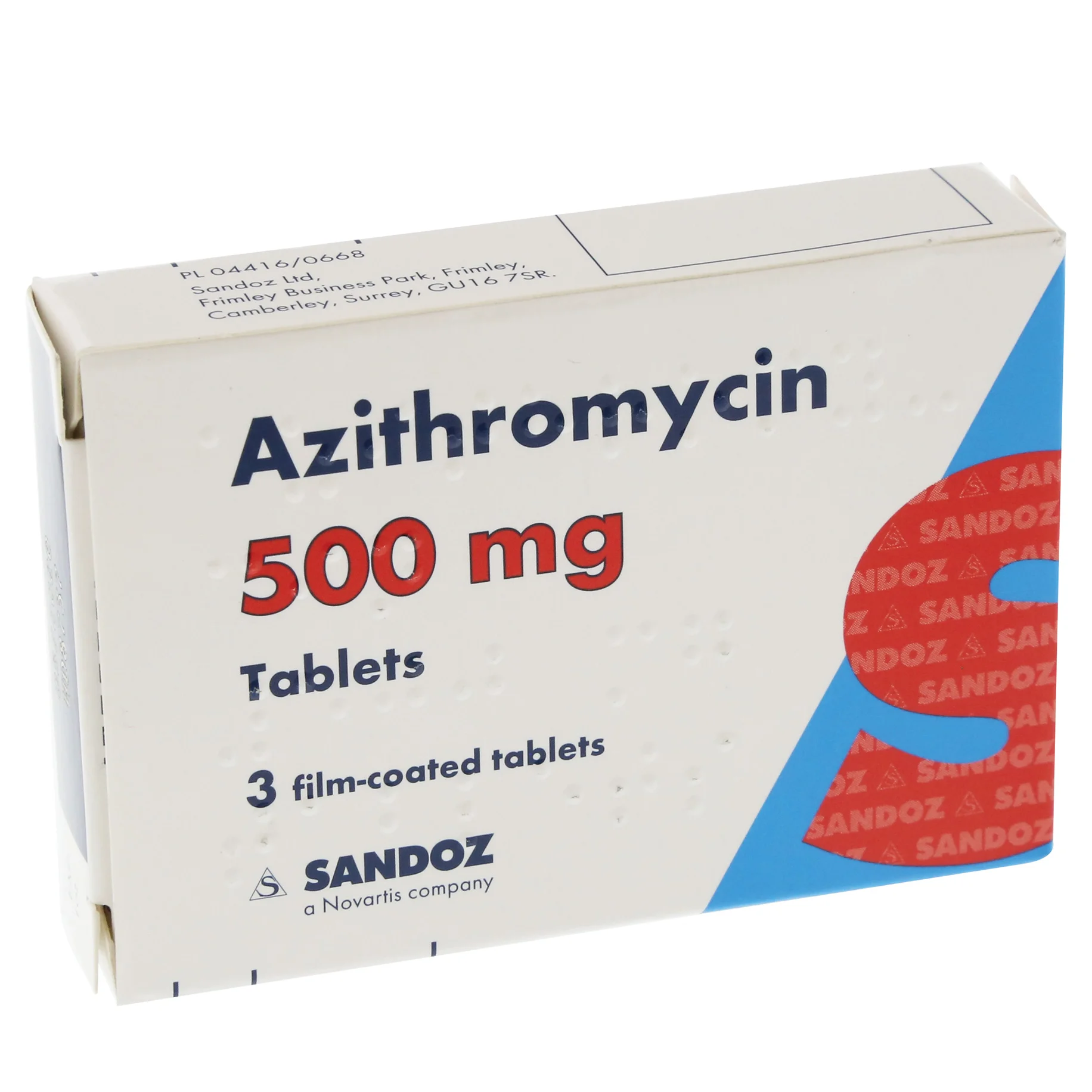
Azithromycin
Azithromycin is an antibiotic that inhibits or mimics the growth of bacteria. It is used to treat many different types of infections caused by bacteria, such as respiratory infections, skin infections, ear and eye infections, and sexually transmitted diseases.
Drug class
Macrolides
Chemical structure of Azithromycin
Uses of Azithromycin
Multi-ingredient medications
Azithromycin/trovafloxacin systemic
Contraindications for Azithromycin
Azithromycin is contraindicated if patients have ever had jaundice or liver problems after taking this medicine previously.
Warning signs
Don’t use this drug if you are allergic to it, or if:
- you have ever been diagnosed with jaundice or other liver problems after taking azithromycin; or
- if you have an allergy to a similar category of drugs such as clarithromycin, erythromycin, or telithromycin.
Share with your health provider if you have ever had:
- liver disease.
- kidney disease.
- myasthenia gravis.
- a heart rhythm disorder.
- low levels of potassium (K+) in your blood; or
- if you or any family member is diagnosed with long QT syndrome.
This medicine is safe in pregnancy.
It is not known whether azithromycin is released into breast milk or if it might harm infants. Tell your doctor if you are a breast-feeding mother.
How should I take azithromycin?
Take this medicine according to the prescription of any registered medical practitioner.
You can take most dosage forms of azithromycin with or without food.
What to avoid?
- Do not take antacids with aluminum or magnesium salts within 2 hours before or after taking azithromycin. Because these antacids can lessen their effectiveness when taken at the same time.
- Antibiotic medicines can cause diarrhea. Thus, If you have watery or bloody diarrhea, call your doctor.
- Avoid exposure to direct sunlight. It may induce sunburn more easily. Take preventive measures and use good sunscreen when you are outdoors.
- Avoid other drugs that increase QT prolongation ultimately causing irregular heart rhythm.
- headache.
What should I do if I miss a dose?
Have your missed dose as soon as you remember. However, skip the missed dose if your next scheduled dose time is approaching. Don’t take an extra dose to make up for the missed dose.
Drug-drug interaction of Azithromycin
Tell your doctor about all the medicines you are taking currently. especially:
- digoxin; or
- clarithromycin; or
- blood thinners – warfarin and others
Over-the-counter medicines, vitamins, and herbal products may interact with azithromycin.
Azithromycin Brand Names